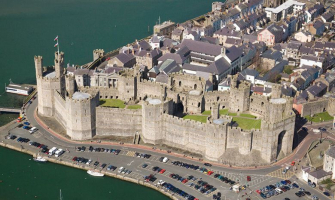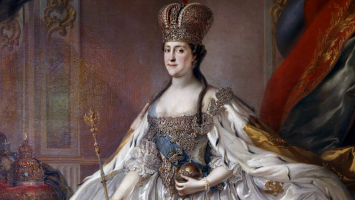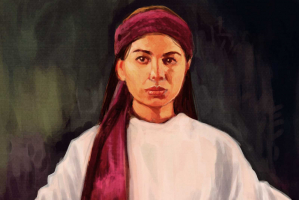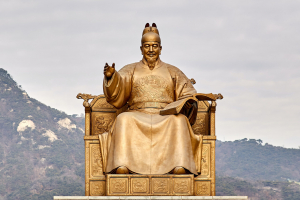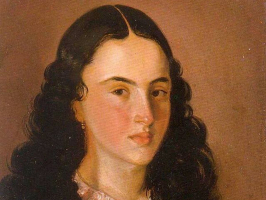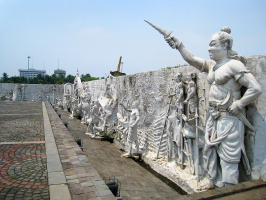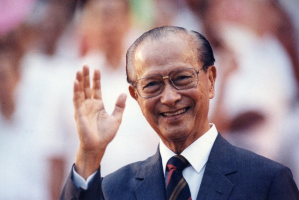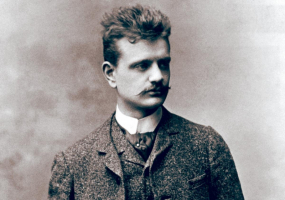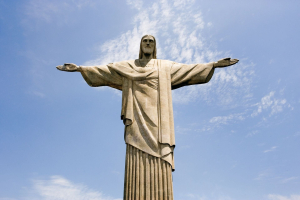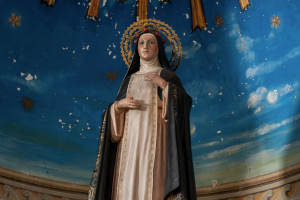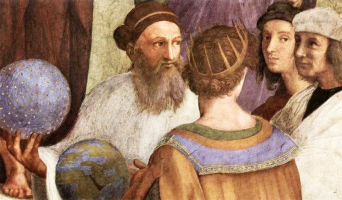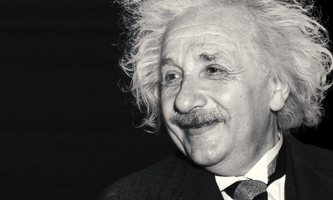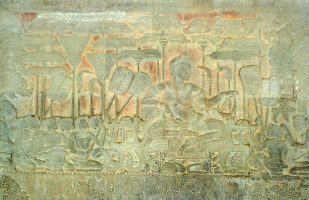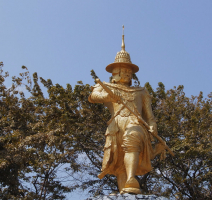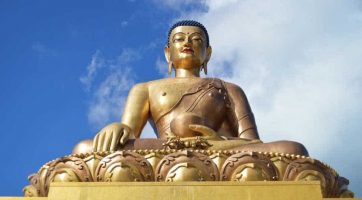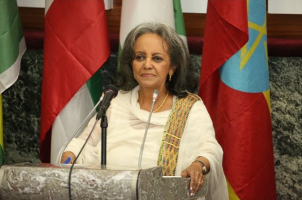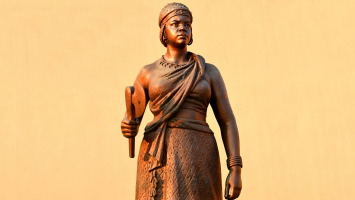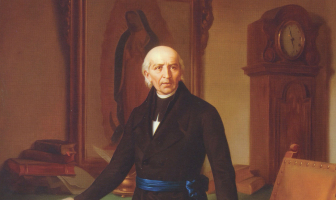Top 12 Most Important Historical Figures In United Kingdom
Off the northwest coast of the European continent is the United Kingdom (UK), also known as Britain. In this article, Toplist would like to introduce you to ... read more...the most important historical figures in United Kingdom.
-
Opening the list of most important historical figures in United Kingdom is King Alfred the Great.
Alfred the Great, who is regarded as the founding monarch of England, is renowned for two significant accomplishments: rescuing his country from the Danes' invasion and his commitment to advancing education. He restored the educational institutions and brought peace to his country. Alfred's stepmother Judith, his instructor, and later his biographer Asser, a Welsh bishop, all supported his enthusiasm in learning. Alfred picked up the languages of Latin and English. He studied and translated English versions of Bible verses. Alfred's education was frequently disrupted by the king's obligations. Wars with the Danes occupied the most of his rule.
In 871, he was crowned king of Wessex. The eastern lands of Britain were under the control of the Danes at that point, who had been living in the British Isles for at least a century. Wessex was frequently raided by them, and residents were required to pay homage to them. Alfred bought peace for his people during the first four years of his rule, from 865 to 875, by paying tribute to the Danes. The invaders first appeared content, but in 875, after receiving their tribute, they did not depart from Wessex as they had done in the past. Alfred amassed a potent army in a short period of time. He drove the invading Danes from Wessex by defeating them.
Alfred started implementing his changes after he had established peace in his country. He held that the invaders were God's retribution for the decline of knowledge. He vigorously promoted education in the nation as a result. Because reading was so important to Alfred, he started making demands that other local nobility learn to read. He established educational institutions for them and hired numerous Latin academics from the continent to work as teachers there. He himself translated a number of Latin-language works. He began the Anglo-Saxon Chronicle, which served as a history of his realm and is sometimes referred as as the earliest history of England. He also put in place a set of laws that were based on the Bible.
Alfred's final years were calmer and more focused on education. Alfred left behind a society that would last for centuries when he passed away in 899.
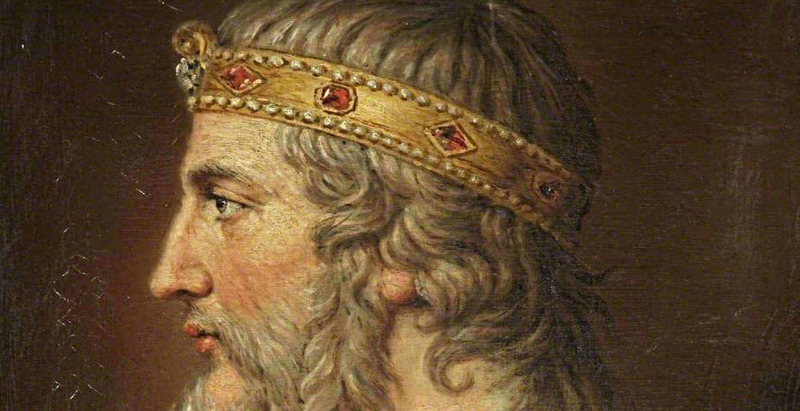
Photo: Historic UK - Alfred the Great 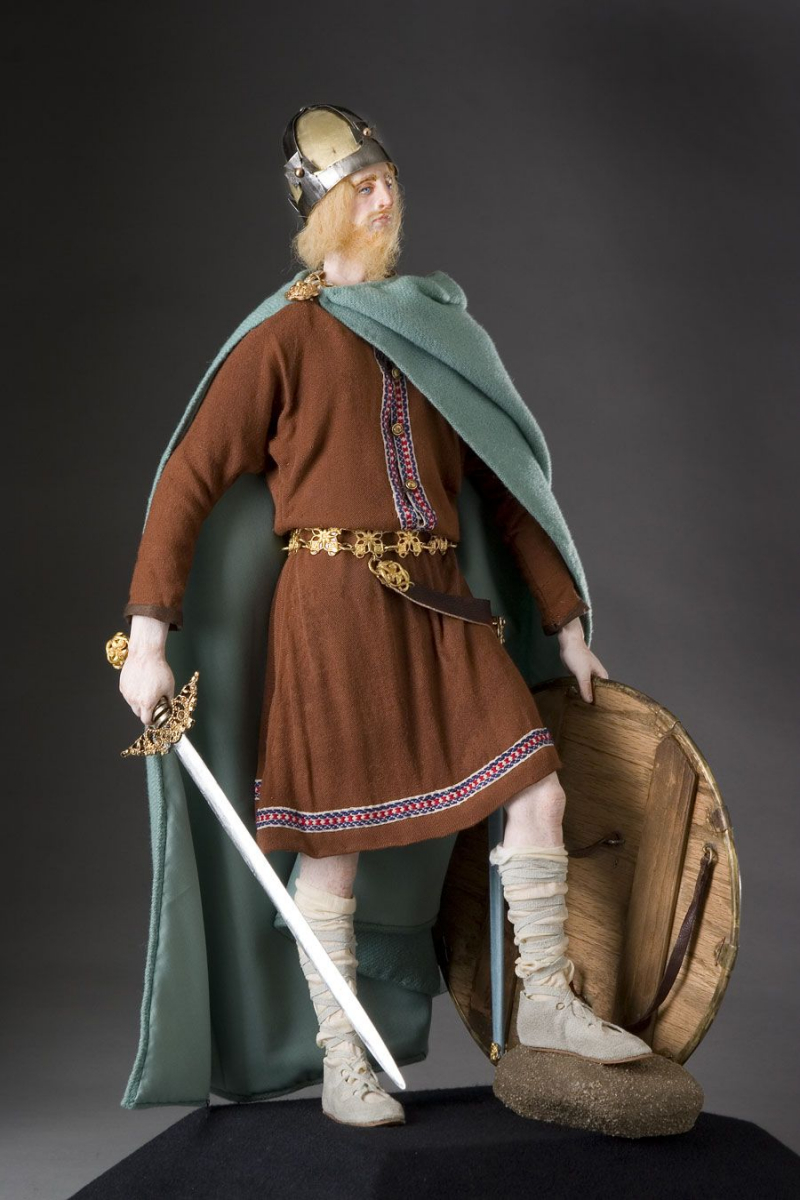
Photo: Pinterest - Alfred the Great -
Henry VIII's daughter, Queen Elizabeth I, was the final ruler of the Tudor era. She had a fantastic classical education. She was fluent in French and Italian and could read Latin and Greek. After the death of Mary, Elizabeth's older sister, in 1558, the people celebrated her accession to the throne. Elizabeth was an astute, brave, and tenacious woman. She was often referred to as Good Queen Bess.
Elizabeth's reign saw England develop into a major maritime power. In the Atlantic Ocean, English sailors, most notably Francis Drake and Walter Raleigh, engaged the Spanish. They conducted daring attacks against the Spanish colonies in America and captured Spanish ships that were transporting wealth to Spain from the New World.
Elizabeth assisted the Protestants in Holland. At the time, King Philip II of Spain was attempting to put down the Protestant uprising in the Netherlands, which was a part of the Spanish Empire. His troops was dispatched to the Netherlands. Elizabeth followed suit. Philip had to battle England as a result. He constructed a sizable fleet of vessels that came to be known as the Invincible Armada. England was at risk. Elizabeth addressed the crews of the ships that will engage the Armada in combat. The Armada was defeated on August 9, 1588, after six days of combat between the two fleets. Only half of the Armada's ships made it back to Spain. It was a significant win for England.
One of the greatest periods in English literature was the Elizabethan Period. William Shakespeare, Christopher Marlowe, and Edmund Spenser were only a few of the numerous authors that produced their outstanding works at that time. Musicians, poets, scholars, and painters from England found a home at Elizabeth's court. The English were incredibly proud of their monarchy and nation.
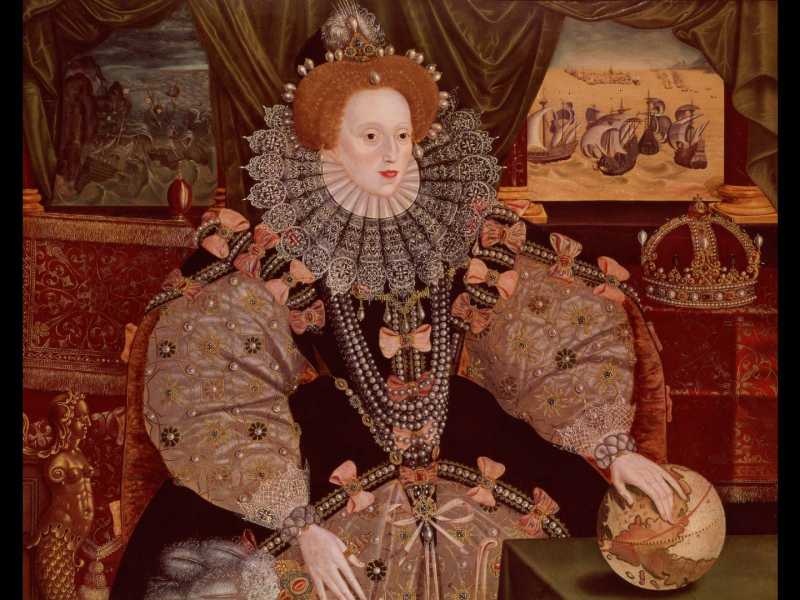
Photo: ThoughtCo - Queen Elizabeth I 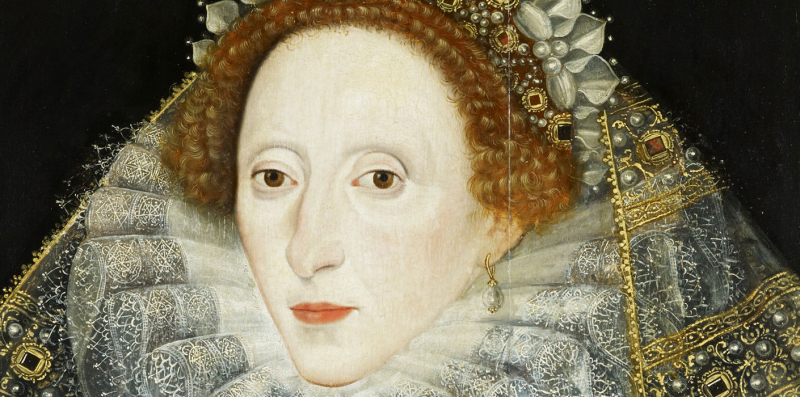
Photo: The Royal Family - Elizabeth I -
Plymouth, a seaport and the biggest town in the south of England, is where Francis Drake, one of the most well-known English sailors and pirates, was born.
The boy talked to the servicemen and spent a lot of time observing the ships in Plymouth Harbor. He was sent aboard a tiny ship when he was fifteen and worked there for a while. The child quickly picked up the responsibilities of a sailor and performed them so well that some claimed he was born to be one. Drake was appointed a captain's mate when he was twenty-five, and a ship's captain soon after. At that period, sea fights between Spanish and English ships were frequent. In the past, Spanish ships in the Atlantic Ocean attacked a tiny fleet of six English ships. Only two of the English ships survived the fires-Drake was the first Englishman to sail around the globe in one of the other two. Francis Drake made a name for himself in the English Channel sea fight against the Spanish Armada in 1588.
In 1595, seven years after defeating the Spanish Armada, Drake sailed from Plymouth at the head of a sizable fleet once more to battle the Spaniards in America and the West Indies. In one month, Drake crossed the Atlantic, but not long after that, he became unwell. He passed away in January 1596 and was interred in the water. In Plymouth, there is a monument honoring Francis Drake.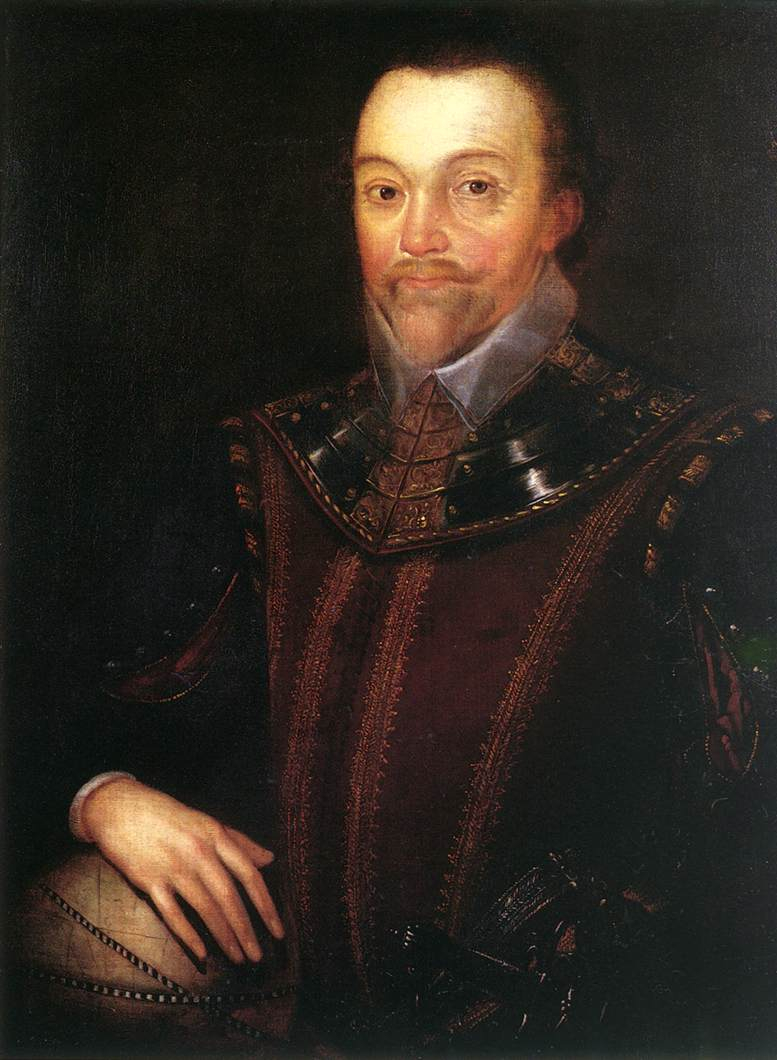
Photo: Wikipedia - Francis Drake 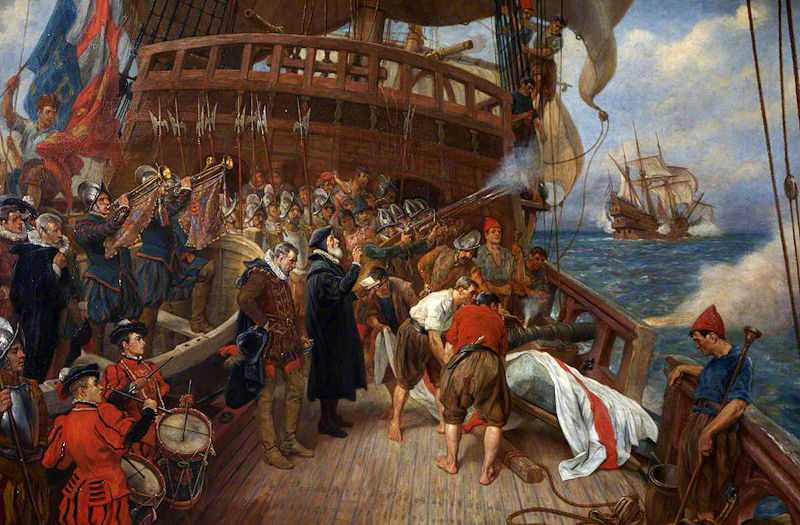
Photo: GreatestBritons - Sir Francis Drake -
Charles I, the youthful king of England, desired to reign without the support of Parliament. The Parliament would not give him the money he needed for the conflicts. Charles I attempted to imprison certain members of Parliament in 1642 but was unsuccessful. He then departed from Parliament and did not return as king. Members of Parliament made the decision to train the soldiers and to raise an army to battle the king. However, they were aware that fighting with only courage was insufficient. A capable commander who could lead and teach the troops was essential. They discovered such a leader. Oliver Cromwell was there. Cromwell served in the House of Commons. He was a rough-hewn country gentleman who lacked speaking ability, but he was renowned for his moral fortitude, sincerity, and religious conviction.
Cromwell instilled in his soldiers the desire to fight for freedom, Parliament, and religion while training them to obey orders to the letter. "Trust in God and keep your powder dry," was his famous instruction.Although Cromwell had strict control over the nation, he did not enjoy being challenged and ultimately dissolved Parliament. In the final years of his life, he rose to the position of dictator, ruling the nation without the consent of the people. The first republic in Europe, the English Republic, fell short of the expectations of the populace. Oliver Cromwell passed on in September 1658. The call for the monarchy to be restored was sparked by the political unrest that followed his passing. Charles II, the son of the executed monarch, was granted the right to rule England in 1660 by the newly elected Parliament.
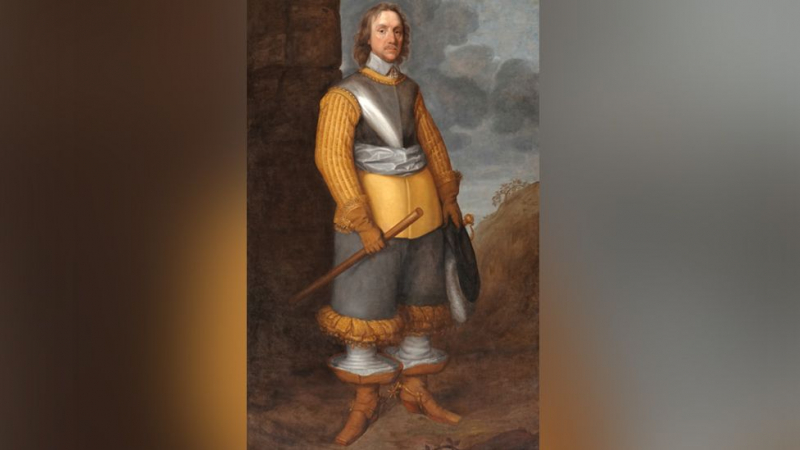
Photo: BBC - Oliver Cromwell 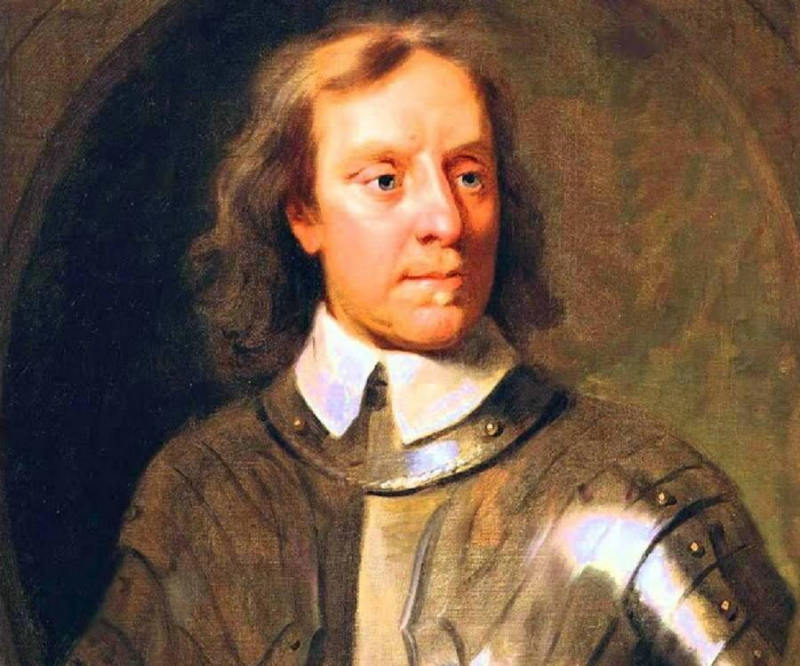
Photo: The Famous People - Oliver Cromwell -
English poet and thinker John Milton worked for the Commonwealth of England's Council of State and later Oliver Cromwell as a civil official. His epic poem Paradise Lost, which he penned during a period of religious and political upheaval, is what made him most famous (1667). Paradise Lost, a book of blank poetry, is regarded as one of the best pieces of literature ever produced.
Within his lifetime, he became an internationally renowned author who wrote in English, Latin, and Italian. His famous Areopagitica (1644), which denounced pre-publication censorship, is one of history's most significant and passionate defenses of freedom of speech and freedom of the press. He was the first modern writer to use unrhymed verse outside of the theater or translations, and his quest for independence was reflected in his use of language. He also contributed new words to the English language.
Although reviews have varied over the years since his passing, William Hayley's 1796 biography referred to him as the "greatest English novelist" and he is still widely considered as "one of the preeminent writers in the English language." Although he (a Tory) called Milton's politics those of a "acrimonious and surly republican," Samuel Johnson commended Paradise Lost as "a poem which... with respect to design may claim the first rank, and with respect to performance, the second, among the works of the human mind." He was admired by poets including Thomas Hardy, William Wordsworth, and William Blake.
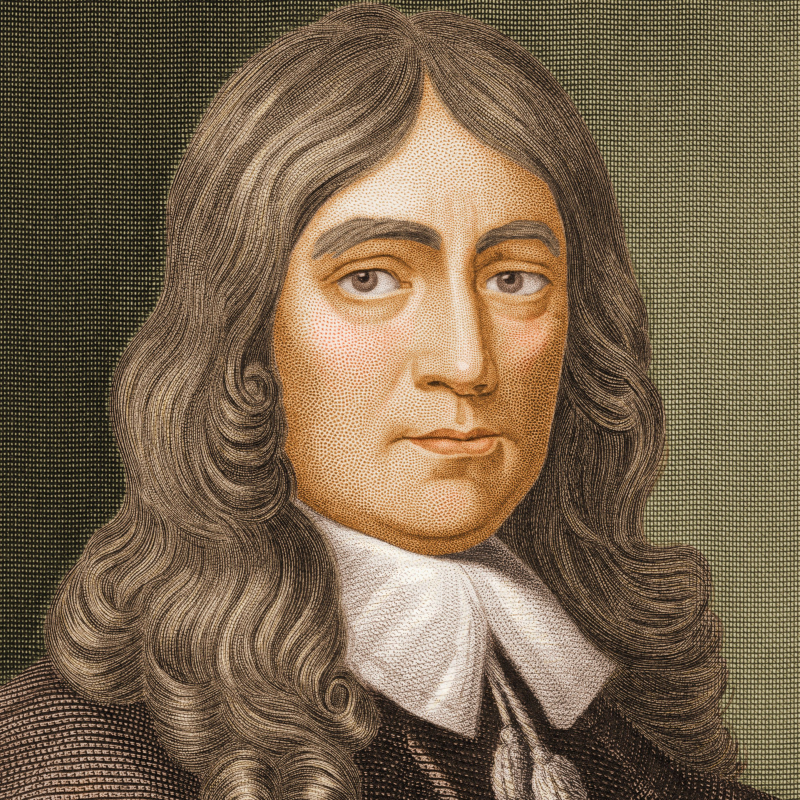
Photo: ThoughtCo - John Milton 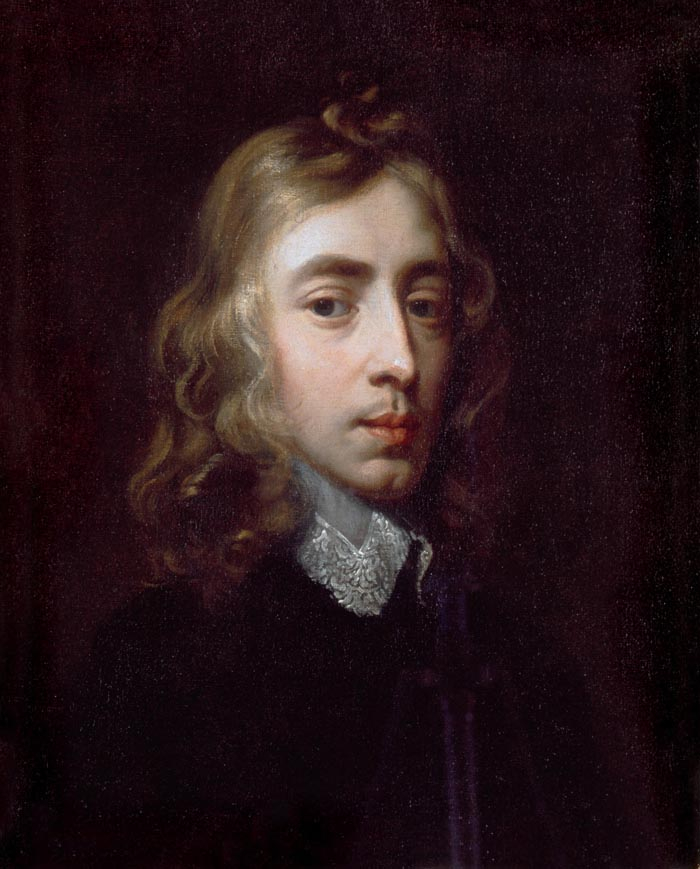
Photo: Landmark Events -John Milton -
In the humble farming family of a small-town Lincolnshire village, Sir Isaac Newton was born. The boy had a passion for science since he was little. At school, he started his first experiments. He continued his education after high school at Cambridge University, where he developed the binomial theorem while still a student. Newton spent his entire life conducting scientific experiments. His discoveries included the rule of light decomposition. He established that the sun's white light is composed of light rays from every color of the rainbow.
The Law of Universal Gravitation was unquestionably Newton's greatest discovery. His book Mathematical Principles of Natural Philosophy contains a description of it. Every particle of matter is attracted to every other particle of matter with a force that is inversely equal to the square of their separation, according to the fundamental tenet of the book. Newton demonstrated via the law of gravitation that the force of gravity is what propels the moon around the earth and the planets around the sun. The law of universal gravitation also provided an explanation for why the globe is flattened at its poles due to rotation.
The people of his country have tremendous regard for Newton. He was chosen to lead the Royal Society in 1703. Newton's scientific accomplishments were highly regarded by another famous scientist, Albert Einstein, who stated the following about him: "Nature to him was an open book, whose letters he could read without effort."
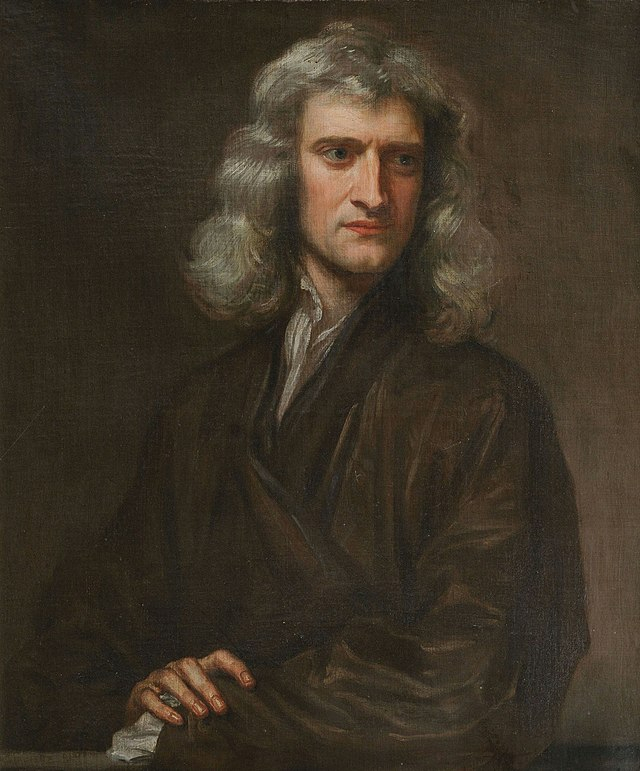
Photo: Wikipedia - Isaac Newton 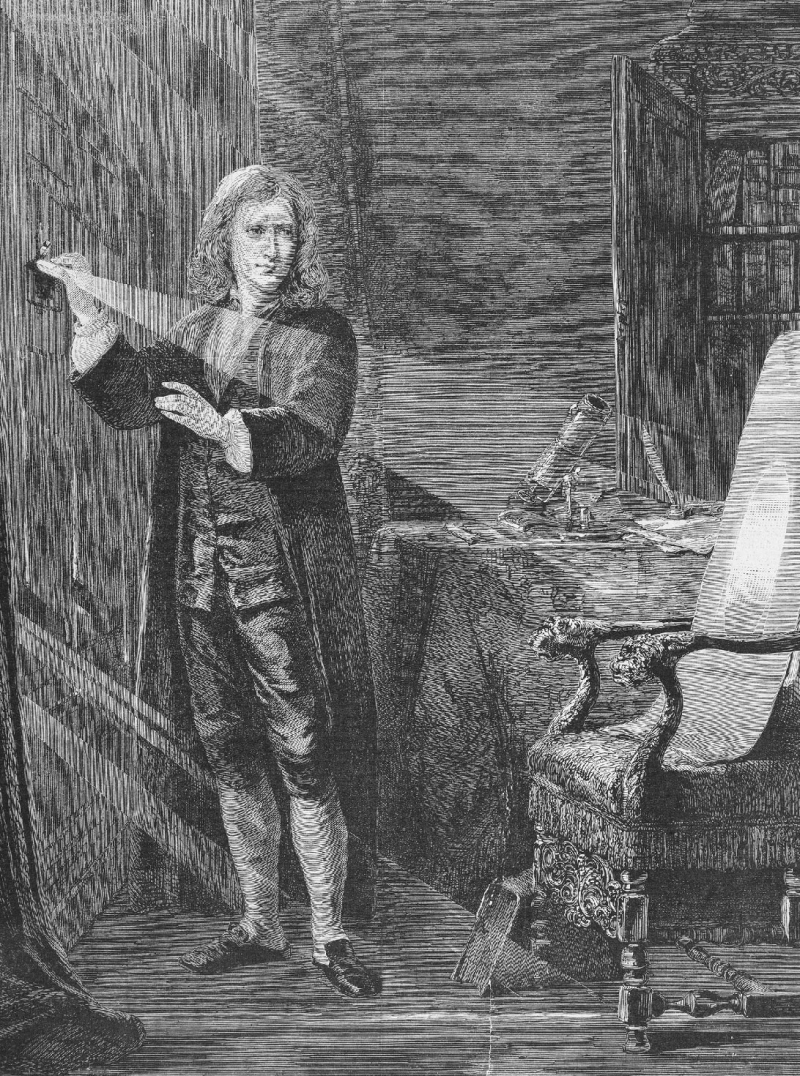
Photo: Tu AMC - Isaac Newton -
In English history, Queen Victoria had the longest reign. She ascended to the throne in 1837 as a young woman, and she held the position until her death in 1901.
The queen's counselors pushed her to get more involved in kingdom affairs. She did this, leading to her rapid rise to fame. Victoria was able to establish itself as a reputable and well-liked institution at a period when the monarchy was beginning to lose its status as a fundamental component of the British governmental structure.
The Queen had set an example of family life for the democratic British, which they admired and respected. They observed that the Queen and her family have similar moral and religious principles. Victoria managed to move people with her novel. She was successful in persuading the newly industrialized country that the monarchy was a link to the proud past of the nation. The monarchy was suddenly no longer in jeopardy. Since it had lost the majority of its political clout, it had never been safer. One of the opponents stated, "We have grown to assume that having a virtueous sovereign is natural.
In Europe, Queen Victoria was equally well-liked. After marrying members of her family into numerous European royal families, she earned the nickname "Grandmother of Europe." Emperor William II of Germany and Alexandra, the wife of Tsar Nicholas II of Russia, were among her grandchildren.
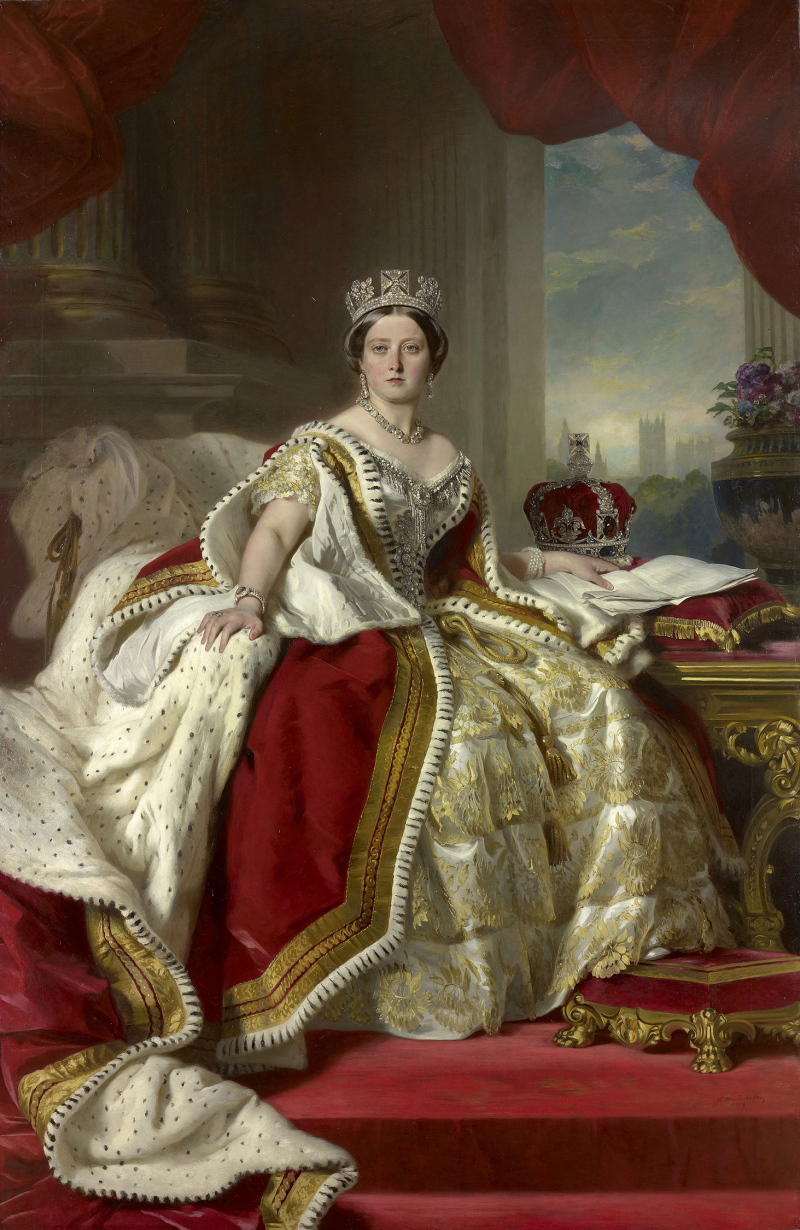
Photo: Wikipedia - Queen Victoria 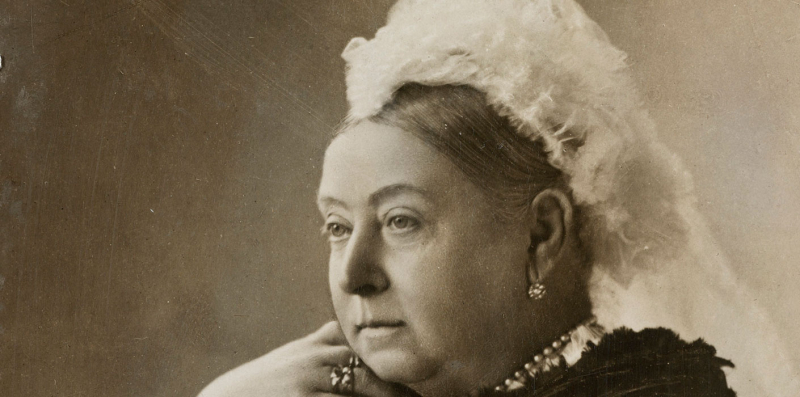
Photo: The Royal Family - Queen Victoria -
In a family of English pioneers, Ernest Rutherford was born in South Island, New Zealand. When he was five years old, he was sent to primary school. He dissatisfied himself with physics in his secondary school courses. Later, he relocated to Cambridge, where he carried on his scientific studies. Following graduation, he held a physics research position at Montreal University in Canada and gave lectures at prestigious universities in the US and UK. Eventually, lying held a position at Manchester University. The Scattering of Alpha and Beta Particles of Matter and the Structure of the Atom is one of Rutherford's most well-known works.
The smallest, indivisible particles that make up matter have traditionally been thought to be atoms. Rutherford's studies revealed that the atom is divided into smaller components and has a highly complicated structural makeup. The atom's structure, which includes a central nucleus and several electrons revolving around it, is similar to the solar system. Rutherford demonstrated how an atom may be attacked with neutrons in order to divide, or "split," the nucleus and cause the electrons to be thrown out. The substance is changed into energy during the nucleus's splitting.
The atom's splitting has given man access to a brand-new, massive source of energy. However, it has also raised the possibility of a destructive nuclear conflict, during which humanity could commit suicide and wipe off the earth. That is why it is crucial that all people put their efforts towards fostering mutual understanding and long-lasting peace on earth.
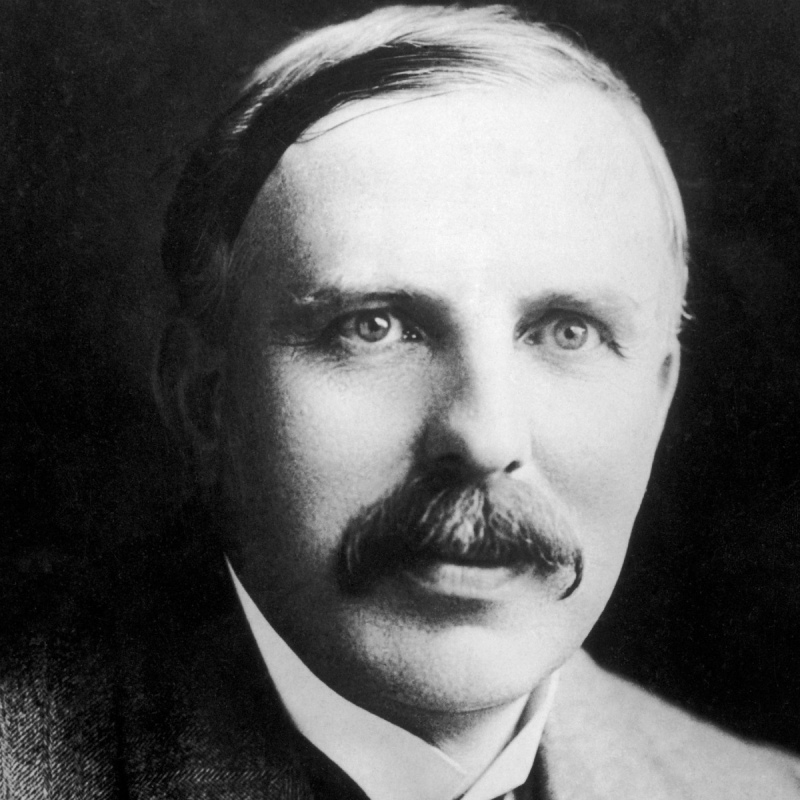
Photo: bio. Biography.com - Ernest Rutherford 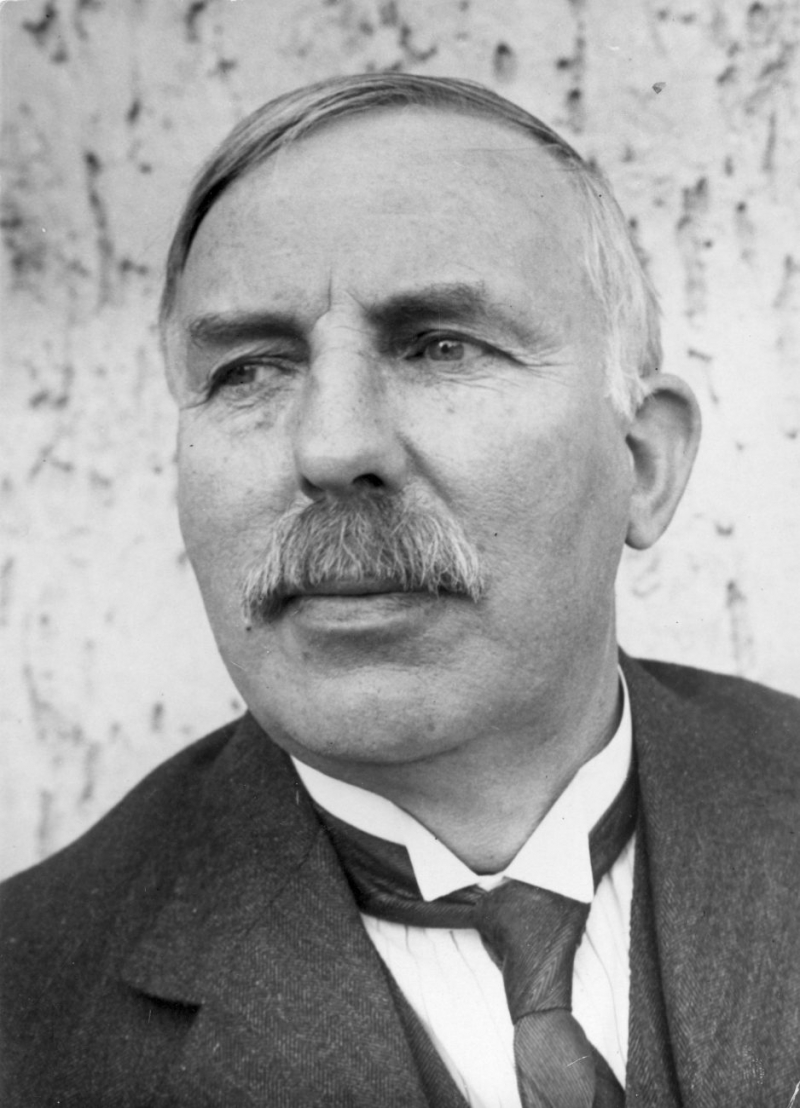
Photo: New Zealand Geographic - Ernest Rutherford -
The second child of a grocer and a dressmaker, Margaret Thatcher was the first woman to be elected prime minister in the history of Europe. She later became the first British Prime Minister to serve three consecutive terms in the 20th century. She served as prime minister of Britain for the longest period of time since 1827 until she resigned in 1990. Some people view her as a true political revolutionary since she expanded the support of the Conservative Party to include both the affluent aristocracy and the middle class.
Thatcher was elected to the Parliament in the 1959 elections. She quickly rose to prominence among other lawmakers as a result of her debating prowess. She rose to the position of Conservative Party leader in 1974. Thatcher was elected prime minister in 1979 after the Conservatives won the elections handily. She reduced governmental power while serving as prime minister, increasing people's independence from the state and putting an end to governmental meddling in the economy. Thatcher's strong control over her cabinet and the nation's economic policy earned her the nickname "the Iron Lady."
Thatcher resumed the "Thatcher revolution" during her third term by putting private enterprise back in charge of the sectors of housing, healthcare, and education. In 1990, Margaret Thatcher gave her notice of resignation. Margaret Thatcher is unquestionably a notable figure in British politics. Political analysts claim that she brought about reforms in British society and government that had been long overdue.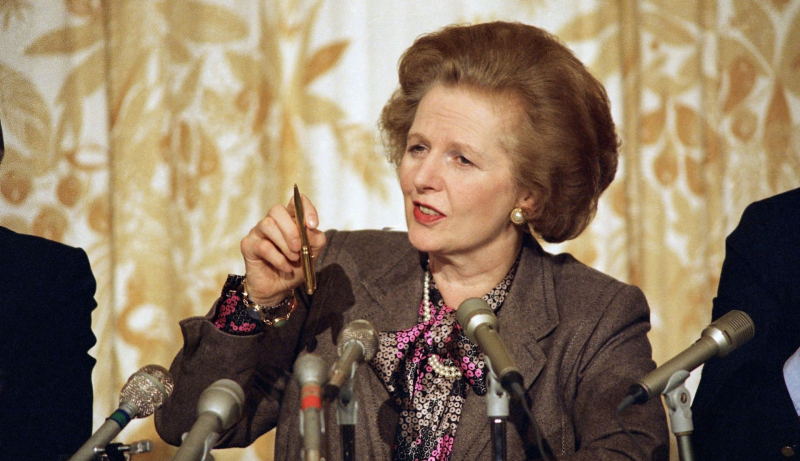
Photo: VnExpress - Margaret Thatcher 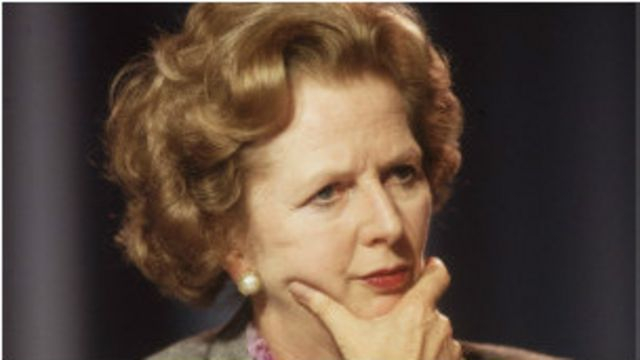
Photo: BBC - Margaret Thatcher -
The eldest child of aristocrat Lord Randolph Churchill, Sir Winston Churchill was born on November 30, 1874. He is most renowned for his valiant leadership during the Second World War when he led the British people from the threat of loss to victory as Prime Minister of Great Britain.
He received his degree from Sandhurst's Royal Military College. He was taken prisoner while covering the Boer War in South Africa as a war correspondent. He joined the Conservative Party after his escape. Since that time, he has actively participated in British politics by holding a number of significant government positions. Churchill succeeded Chamberlain as prime minister in 1940, and he was successful in securing American military assistance and moral support during the Second World War. He spent the whole war traveling nonstop, developing personal relationships with other leaders, and planning a military strategy that ultimately led to Hitler's demise.
He wrote (The History of the English-speaking People) and painted during the most of his latter years. He received the 1953 Nobel Prize for Literature in appreciation of his historical research. Winston Churchill was declared an honorary citizen of the United States by the US Congress in 1963.
At the age of 90, Sir Winston Churchill passed away in 1965. His passing signaled the conclusion of a period in British history.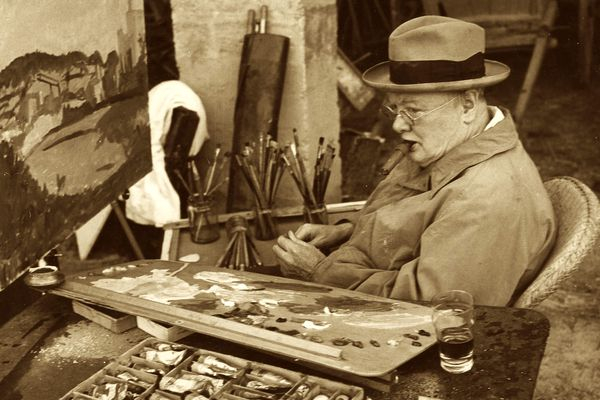
Photo: La Razón - Winston Churchill 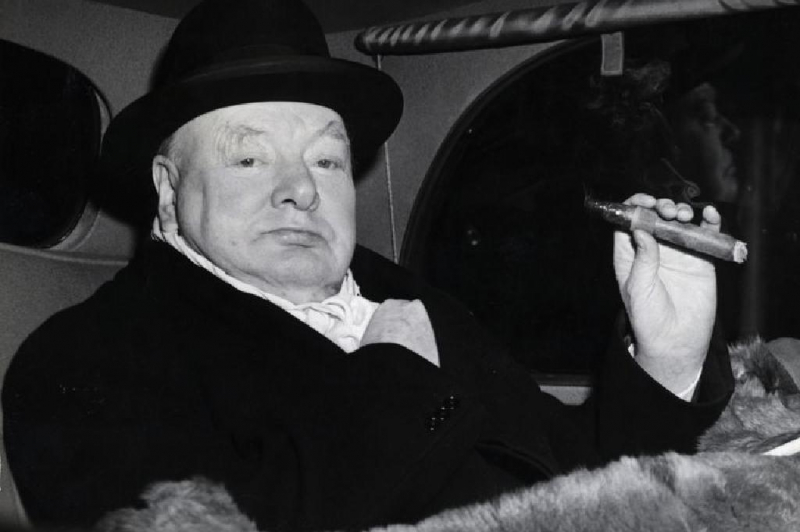
Photo: EFERRIT.COM - Winston Churchill -
The founding father of modern nursing, Florence Nightingale was a British nurse, statistician, and social reformer. During the Crimean War, Nightingale was given the responsibility of caring after British and ally soldiers in Turkey. She spent a lot of time in the wards, and her night rounds caring for the injured helped to give her the reputation of the "Lady with the Lamp." In order to formalize nursing education, she founded the first nursing school with a scientific foundation at St. Thomas' Hospital in London, the Nightingale School of Nursing (opened 1860). She also played a key role in organizing the training of midwives and nurses at the hospitals of workhouses. She was the initial female recipient of the Order of Merit (1907).
She was appointed inspector of all Crimean hospitals in 1855. It required making arduous journeys in the cold, rain, and snow. She damaged her health, but she wouldn't go until the last soldier had left. She didn't return home until peace was declared in 1856, and she would remain disabled. Every year on May 12, the world marks her birth and recognizes the vital role that nurses play in providing healthcare.
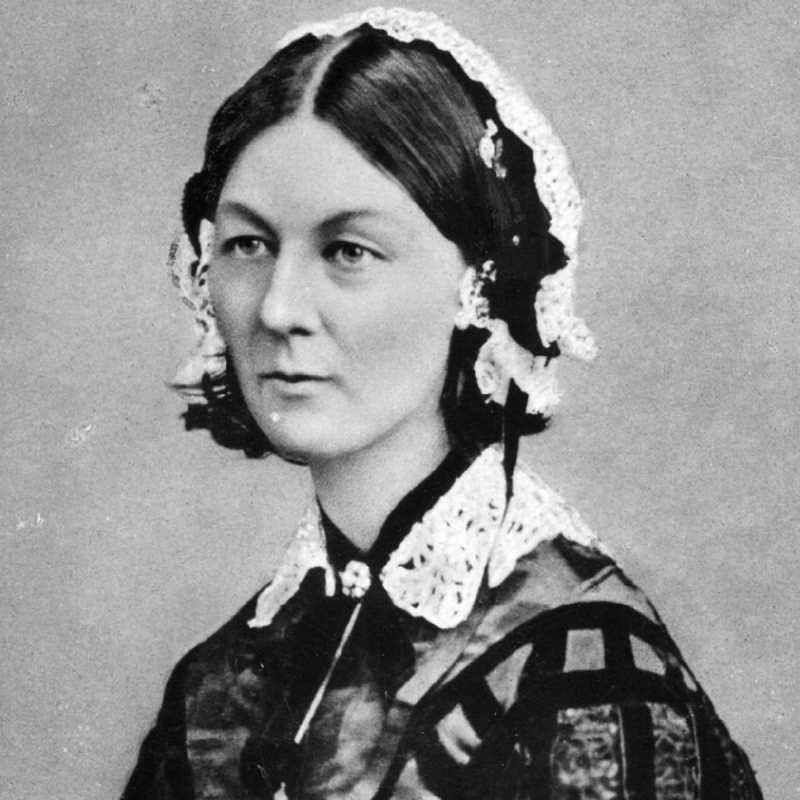
Photo: bio. Biography.com - Florence Nightingale 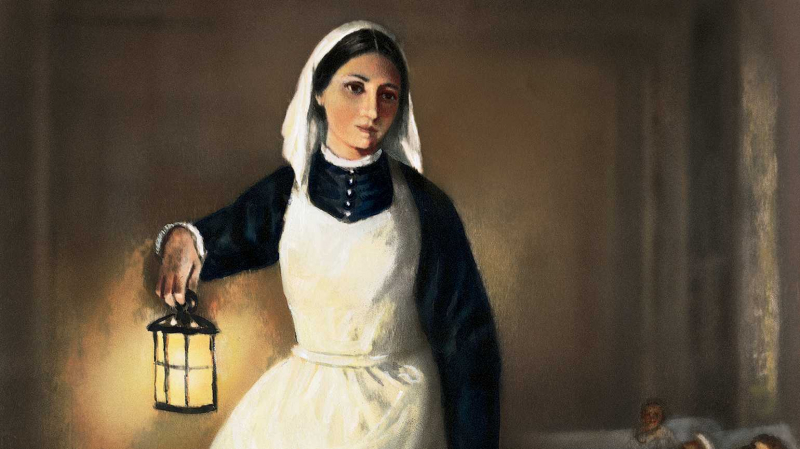
Photo: Guideposts - Florence Nightingale -
The Discovery trip of 1901–1904 and the tragic Terra Nova mission of 1910–1913 were both conducted by Captain Robert Scott, a Royal Navy commander, and explorer. He is one of the most important historical figures in United Kingdom. During the first trip, he discovered the Antarctic Plateau, which is where the South Pole is located, and set a new southern record by marching to latitude 82°S. Less than five weeks after Amundsen's South Pole mission, on January 17, 1912, Scott led a team of five to the South Pole on the second voyage.
Despite Scott's written orders, a rendezvous with supporting dog teams from the base camp did not go as anticipated. Scott and his colleagues died at a distance of 162 miles (261 km) from their base camp at Hut Point and roughly 12.5 miles (20 km) from the next depot. The first ever discovered Antarctic fossils were in Scott and his group's possession when their bodies were found. It was discovered that the fossils came from the Glossopteris tree, demonstrating that Antarctica was previously covered in forest and connected to other continents.
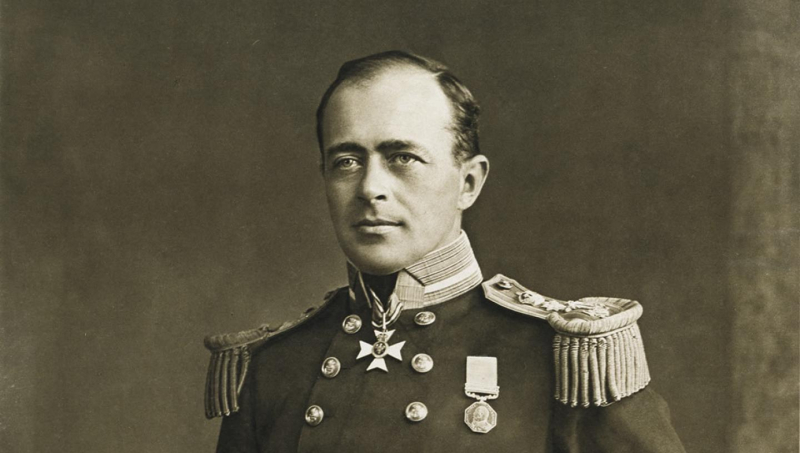
Photo: Royal Museums Greenwich - Captain Robert Falcon Scott 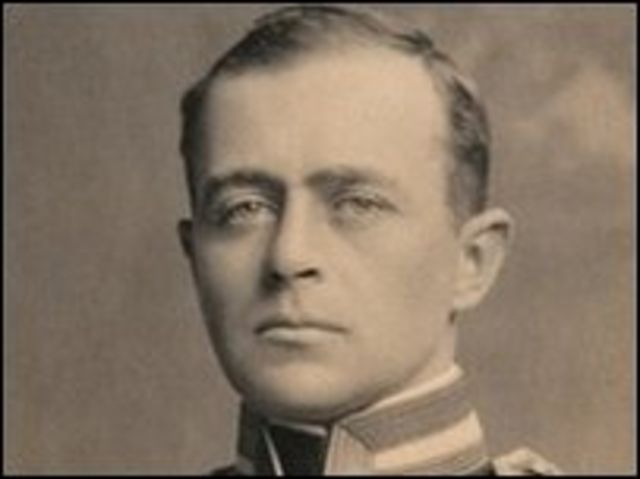
Photo: BBC - Captain Scott














